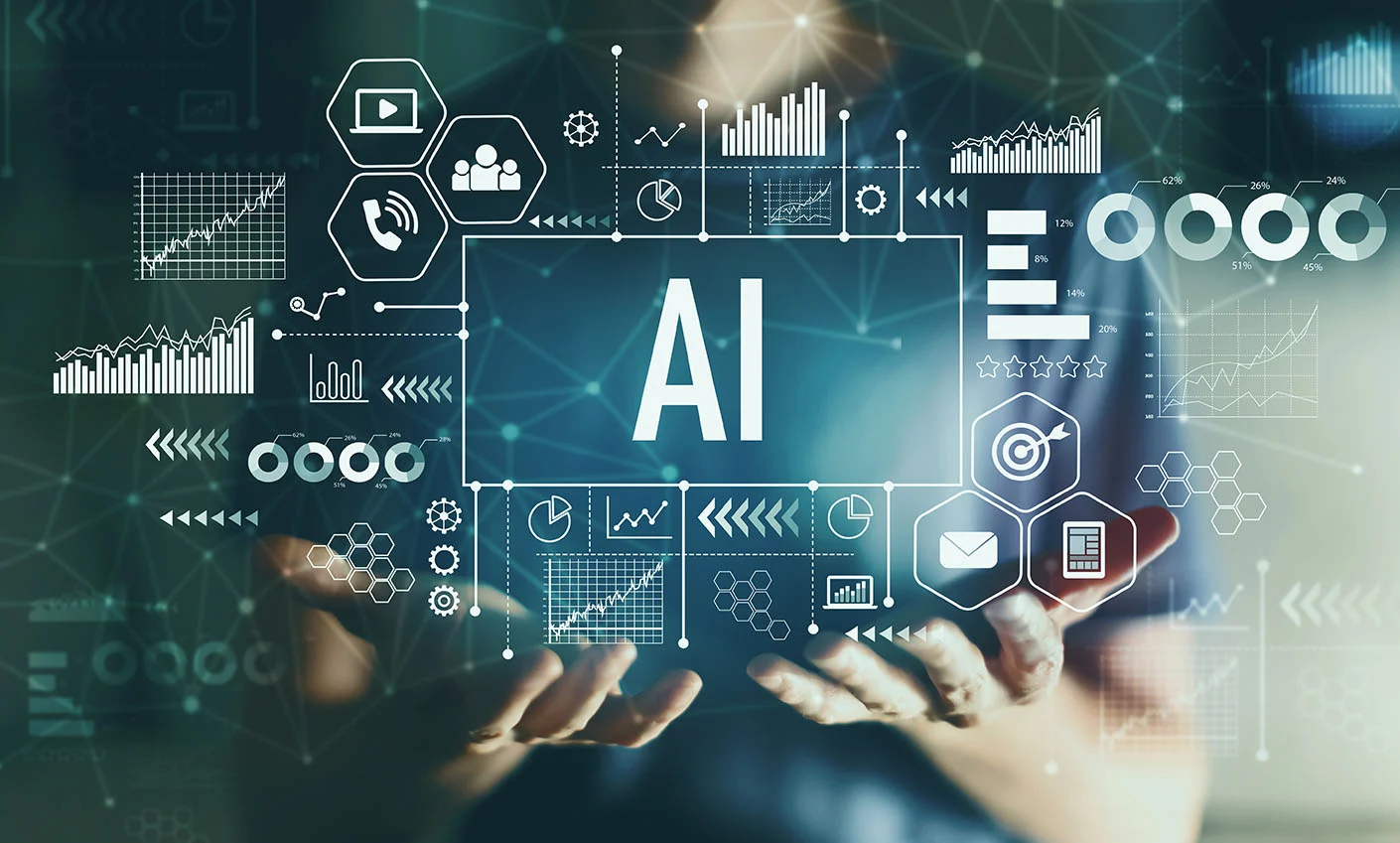The future of higher education is exciting, and students and young professionals must be aware of the trends and innovations shaping it. Adopting these trends and innovations can assist students and young professionals in gaining the necessary knowledge and skills to be successful in the workforce.

Some of the trends and innovations include:
Online learning
Online learning has become an increasingly popular method of education, providing a flexible learning environment that allows students to learn at their own pace and from any location.
With online learning, students can access course materials, lectures, and assignments at any time and interact with their peers and professors using virtual communication tools.
Personalised learning
Personalised learning is a learning approach that caters to individual student’s needs, allowing them to learn at their own pace and style.
This learning model uses technology to adapt to the student’s learning style, pace, and interests.
Also Read : Top 3 things that Campus Students Fear
Personalised learning offers students a customised learning experience that meets their unique needs and helps them stay engaged in the learning process.
Artificial intelligence
Artificial Intelligence: Artificial intelligence (AI) is playing an increasingly significant role in higher education.
AI-powered tools can help automate administrative tasks, such as grading and feedback, allowing professors to focus on teaching and student engagement.
AI-powered tools can also provide personalised learning experiences, such as intelligent tutoring systems that adapt to the student’s learning style and pace.
Virtual and augmented reality
Virtual and augmented reality (VR/AR) technologies are transforming the way students learn. VR/AR can create immersive learning experiences that allow students to explore complex concepts in a virtual environment.
For example, medical students can practise surgery in a simulated environment before performing the procedure on a real patient.
Additionally, VR/AR can simulate real-world scenarios, such as emergency response training, that prepare students for the workforce.
Micro-credentials
Micro-credentials are short, focused learning programs that offer students a quick way to acquire new skills and knowledge.
Micro-credentials are often offered online and are designed to be completed in a short period, usually a few weeks or months.
These programs are an excellent way for students to gain specific skills and knowledge that are in high demand in the job market, without having to commit to a long-term degree program.
Subscribe to our Youtube channel Switch TV
















